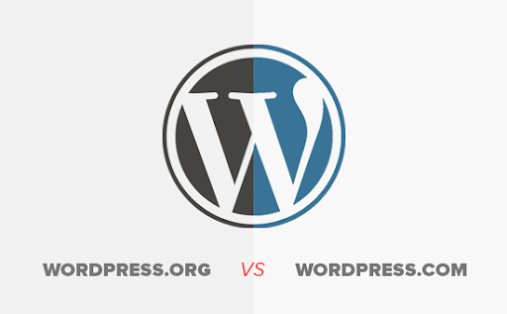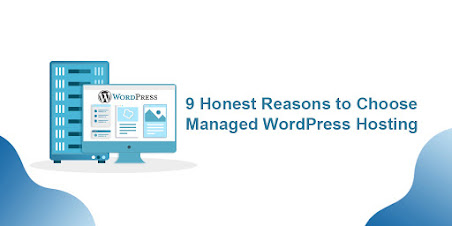Choosing between WordPress.org and WordPress.com is a common dilemma for new users. This guide provides a detailed comparison to help beginners understand the differences, benefits, and limitations of each platform.
WordPress.org vs. WordPress.com
While both platforms share the same core technology, WordPress.org is an open-source content management system (CMS) that requires self-hosting, whereas WordPress.com is a hosted service managed by Automattic. Below, we explore their definitions, advantages, and disadvantages.
Read More: WordPress Interview Questions and Answers
WordPress.org
WordPress.org provides the open-source WordPress CMS, which users can download and install on their own web hosting with a domain name. It offers full control over your website, making it ideal for those seeking flexibility and customization.
Advantages of WordPress.org
● Free, open-source, and user-friendly.
● Full control over website data.
● No risk of site shutdown due to terms of service violations.
● Support for all plugins (free, paid, or custom).
● Extensive customization options for website design.
● Ability to add various features and functionalities.
● Monetization opportunities through ads or other methods.
● Integration with Google Analytics for advanced tracking.
● Support for e-commerce stores to sell digital or physical products.
● Ability to create membership sites.
Disadvantages of WordPress.org
● Requires separate web hosting to store the website.
● Users are responsible for managing updates.
● Users must handle backups, often using a WordPress backup plugin.
● Requires manual installation of WordPress.
WordPress.com
WordPress.com is a hosted platform that simplifies blogging by eliminating the need for server management. Users can sign up and start creating content immediately, leveraging the same WordPress technology as WordPress.org but with managed hosting.
Advantages of WordPress.com
● Ideal for hobby bloggers due to its simplicity.
● Provides 3 GB of free storage.
● No need to manage updates or backups, as WordPress.com handles them.
● Automatic updates managed by WordPress.com.
Disadvantages of WordPress.com
● Free websites display ads, with no revenue for the user.
● Plugin uploads require a paid plan.
● Limited monetization options for selling ads.
● Custom themes require a paid plan.
● Restricted analytics; no support for Google Analytics on free plans.
● Risk of site deletion for terms of service violations.
● WordPress.com branding displayed, removable only with a Business plan.
● Membership sites are not supported.
● Limited e-commerce functionality.
Final Verdict
For personal bloggers seeking simplicity, WordPress.com’s free plan is suitable. However, for businesses, professional bloggers, or those aiming to monetize their site, WordPress.org is the better choice due to its full customization, plugin support, and e-commerce capabilities. While WordPress.com offers paid plans to unlock advanced features, WordPress.org provides greater flexibility without ongoing subscription costs, provided you invest in hosting and a domain. For e-commerce, WordPress.org is the clear winner. Choose based on your goals, budget, and technical expertise.




